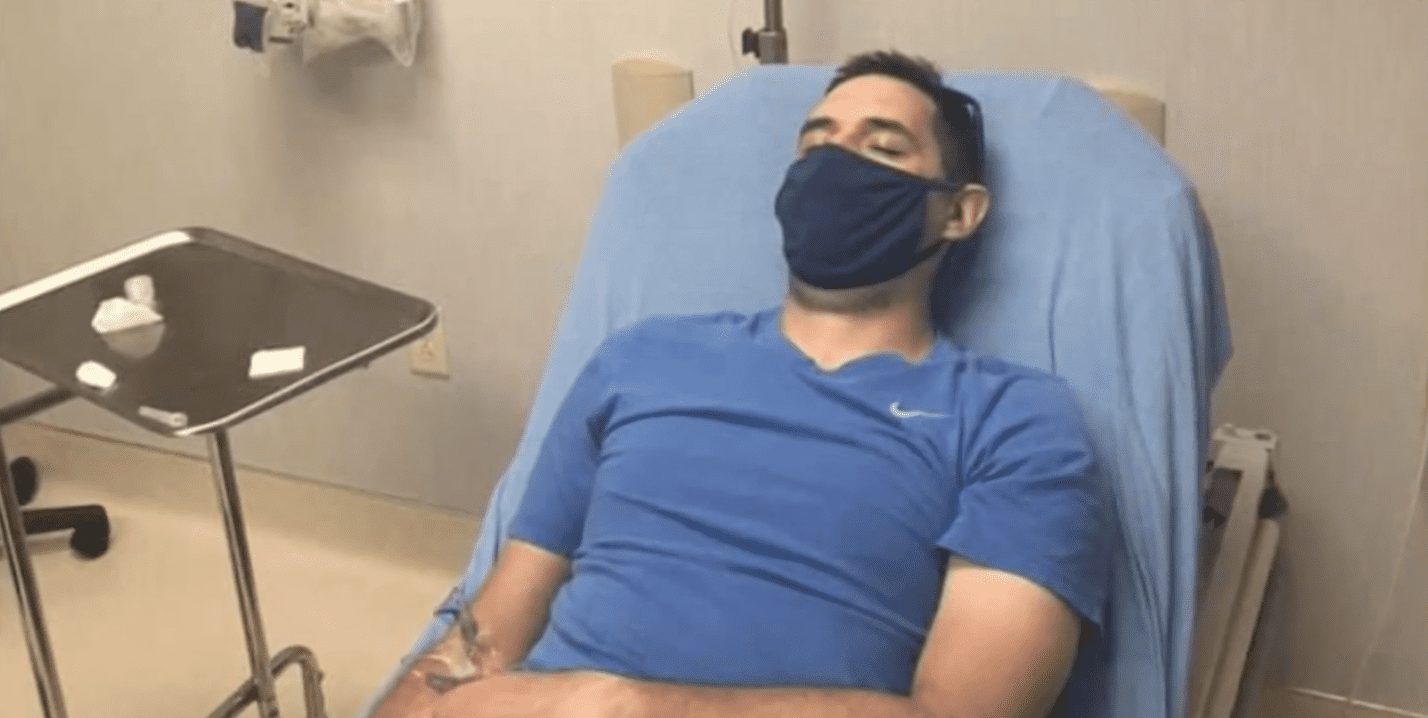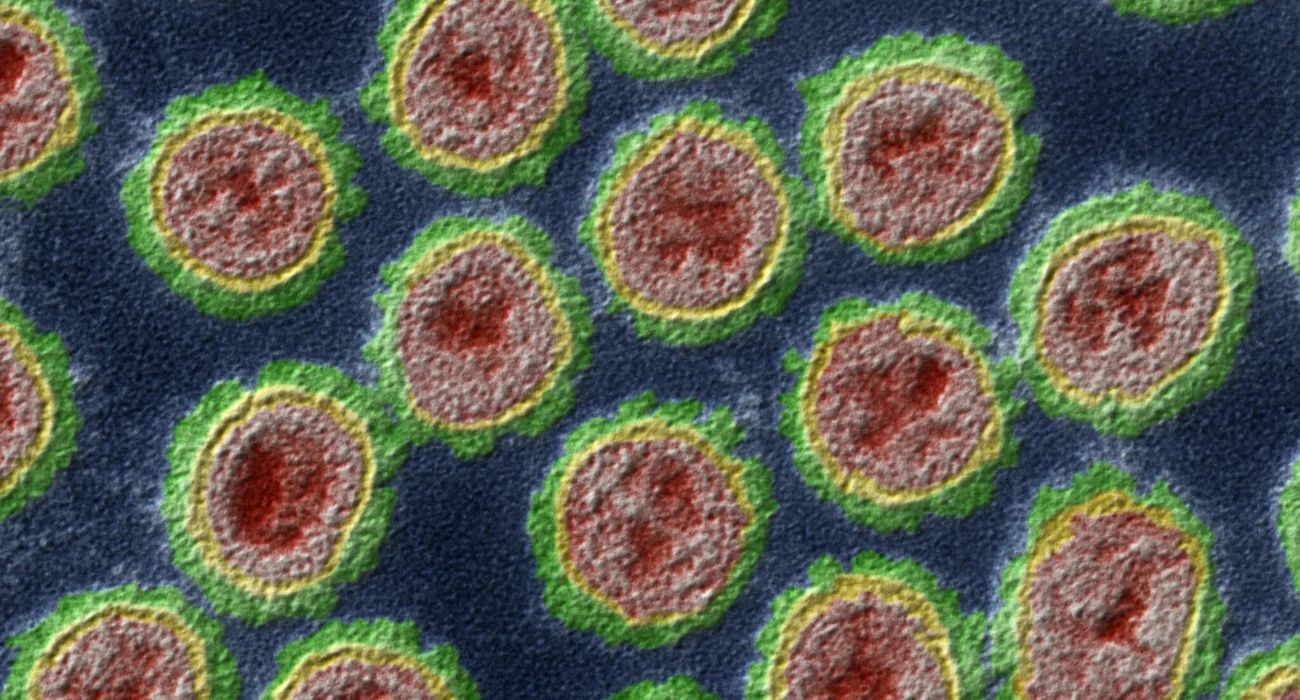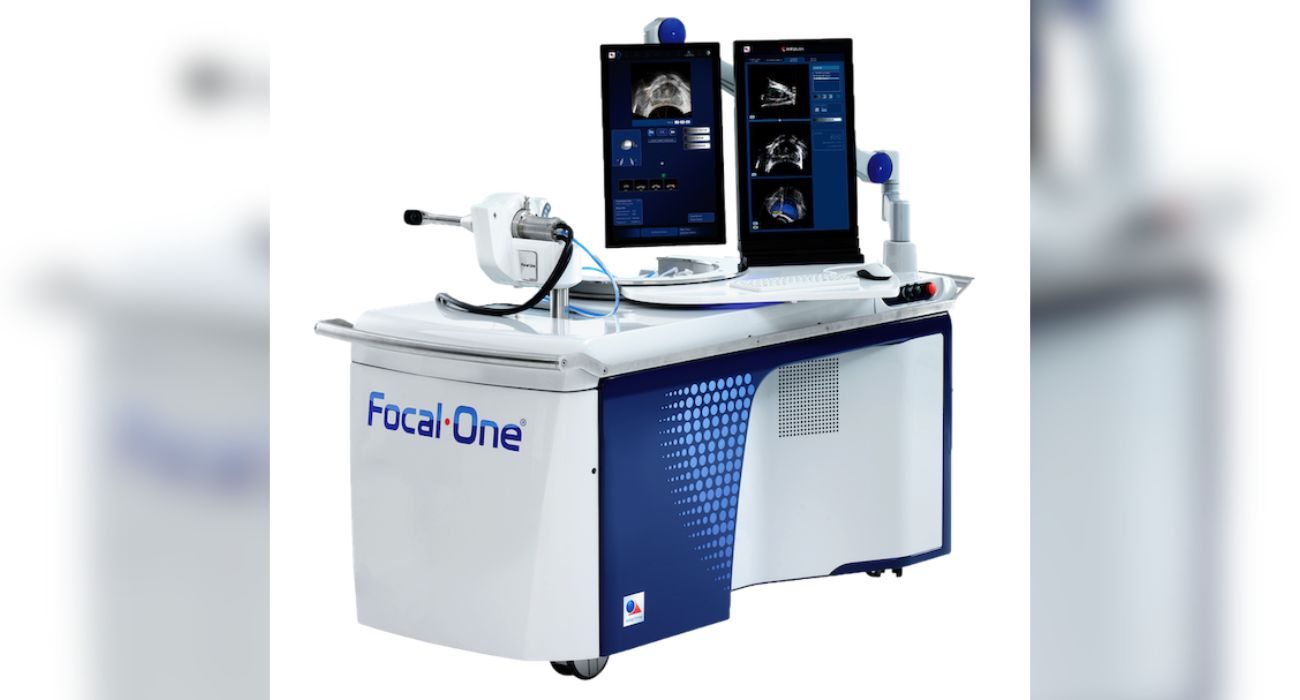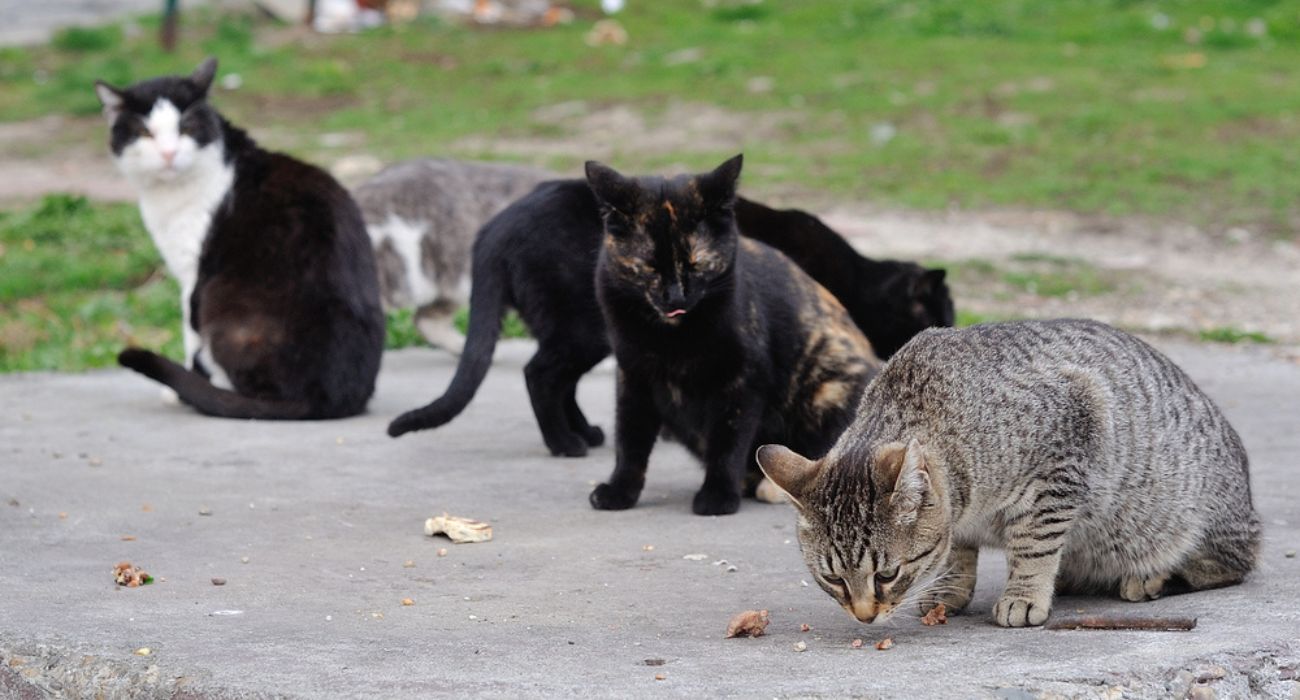As much of Texas sees heat advisory warnings in the summer weather, Coppell resident Erik Bauer shared his adverse experience with high temperatures.
On his birthday in 2021, Bauer played 18 holes with his father after spending the previous night out with his friends. Shortly after, he started feeling sick.
“By about hole 6, I was not feeling well; by about hole 11, I knew we had to call it quits. Shortness of breath, headache, nausea, light-headedness, and seeing stars when you stand up real quick,” Bauer recalled.
Bauer said he went home to rest, but he didn’t feel better after a couple of hours, so he went to the hospital. The doctor told him he had suffered acute heat stroke.
Bauer said he received treatment and had to stay indoors for three days.
Then 32-year-old Bauer, who works outside a tire shop, said he is used to working in the heat but was badly affected that day because he did not drink enough water. He advised people to be careful and listen to bodily signs. If something feels off, go to the hospital.
“I’m young; I’m spry; I’m in shape; I work out. Yeah, just 24 hours of bad practices caught me exposed. So, yeah, it can happen to anybody,” he said.
Ambulance services have reported an increase in heat-related illness calls amid this heat wave. The CDC reports heat causes about 400 deaths in the U.S. every year. People with chronic illnesses, homebound people, and older people are most at risk from heat-related illnesses. Children under 5 are also vulnerable to such illnesses.
Doctors warn that excessive heat can lead to heat cramps, heat stroke, and heat exhaustion. If heat exhaustion is left untreated, it can progress to heat stroke, which can escalate and cause organ damage, delirium, and even death.
Such outcomes are, however, preventable, as medical experts say it is best to stay out of the heat.
“If you’re going to be out there a lot, you need to make sure you’re staying hydrated. If you start getting too hot, you need to go inside,” said Dr. Jason McKnight, a board-certified family medicine physician.
In addition to limiting outdoor activity and staying hydrated, the CDC advises individuals to take cool showers or baths, wear loose, lightweight, and light-colored clothing, and try to stay in air-conditioned buildings. Hot and heavy meals are to be avoided as much as possible.
To further ensure safety, everyone is urged to conduct frequent checks on friends and neighbors.
The National Weather Service’s Fort Worth office sent out a tweet last week advising residents to take the necessary precautions to protect themselves from the heat.
Symptoms of heat exhaustion include dry mouth, excessive sweating, and dizziness. Heat exhaustion can be treated by getting the affected person to a cool place, preferably an air-conditioned building. Such a person should drink lots of water or a sports drink and wait to feel completely fine before resuming any physical activity.
The Dallas Express hopes you and your loved ones stay cool and hydrated this summer.






